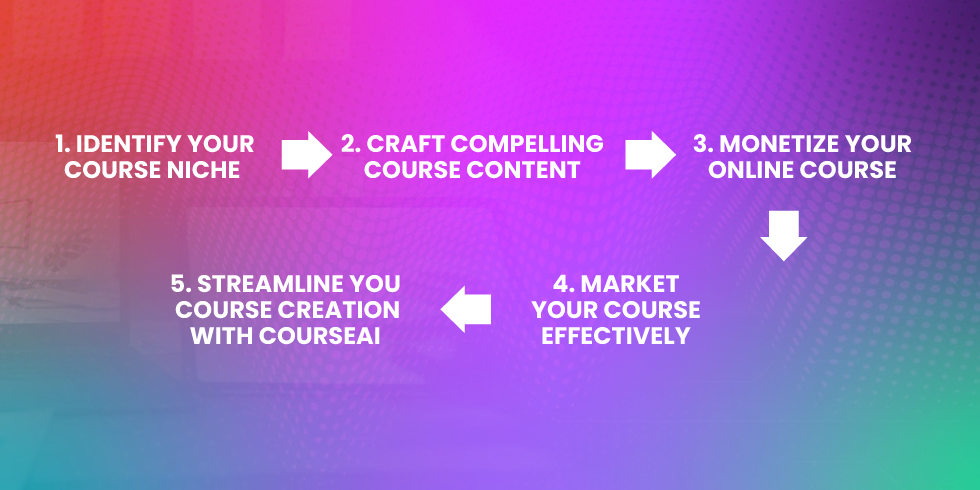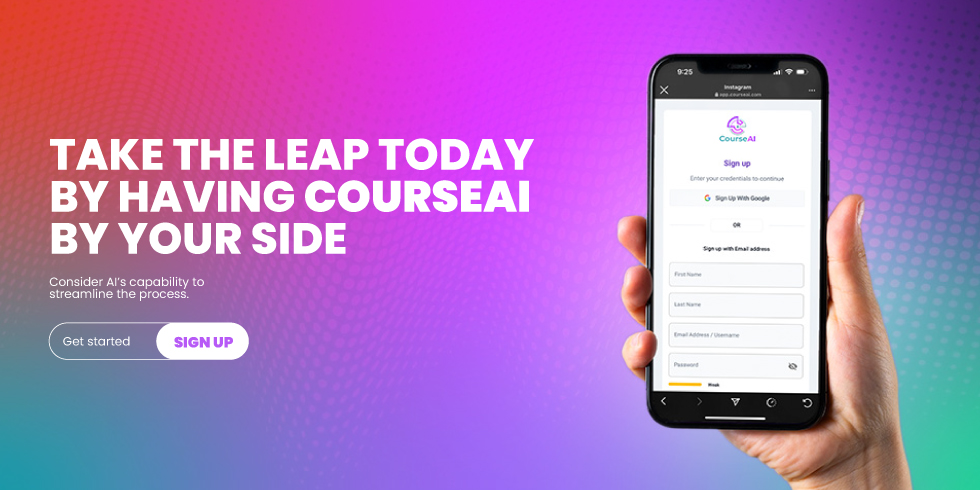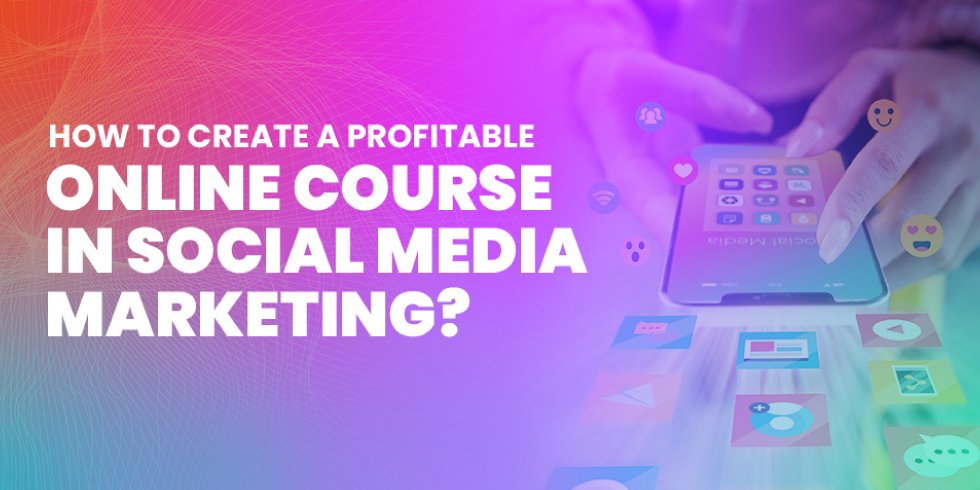There are around 4.95 billion social media users, and in 2023, they spent an average of 151 minutes every day on social networking platforms. That amount of time and people is enough to cause a high demand for social media marketing skills.
That’s also the reason entrepreneurs, businesses, and freelancers now want to harness the platforms’ potential. With it, they’re able to reach and engage their audiences even more.
Want to capitalize on that? You can create an online course focused on social media marketing.
Consider this article as your first guide on how to make and monetize an online course while meeting a widespread need. Let’s jump right in.

1. Identify Your Course Niche
Remember that specificity is key, especially because social media marketing course topics are abundant. Consider choosing one niche before you create an online course.
These topics include ads management for LinkedIn, Meta, and YouTube, separately. In doing so, you’re segmenting your audiences for better targeting. Before doing this, you can conduct a quick survey on people’s needs and goals for enrolling in your social media marketing course.
Tip: In general, the Meta Business Suite and Business Manager may cover too many topics in one course. Check how you can divide this platform into several interest-based social media marketing courses.
2. Craft Compelling Course Content
Using your chosen topic, start to create an online course by developing content that’s both entertaining and knowledgeable.
Here, you should check out some formats, such as video lectures, downloadable resources, and quizzes. Each of these caters to different learning preferences. Meanwhile, you’ll also have to focus on strategies that they can realistically execute by themselves.
In the end, it’s all about the practical skills that they learn from your social media marketing course. These will help your enrollees apply their knowledge in real-world scenarios.
Techniques for Effective Delivery
Different presentation techniques play a role as you create an online course. The following can dramatically enhance its quality and overall value:
- Live sessions for more real-time interactions with your students
- Q&A meetings to help them avoid confusion and have a deeper understanding of the topic
- Community forums, where they can learn from and engage with peers
Meanwhile, as a general rule, you should use clear instructions, engaging storytelling tones, and clear visual elements. As you use these three when you create an online course, you help learners achieve more comprehension and retention of what they’re studying.
3. Monetize Your Online Course
A great course needs a solid monetization strategy, and choosing one can influence your revenue.
Here are a few to consider:
- One-time fee: This is a straightforward option for those who want full, instant access to your course
- Subscription: Use this to secure recurring revenue, but you’ll have to add continuous updates and more content.
- Tiers: Another way to monetize your online course is by catering to different budget points or difficulty levels. You can provide different types of access to your social media marketing course and its content’s perks.
Remember, your aim here is to create an online course that offers great value to your target audiences. Keep several factors, such as their needs, in mind before choosing a monetization option.
4. Market Your Course Effectively
After you create an online course and add pricing, you’ll have to ensure it’s visible among your target markets. Here are a few tips to market your course effectively:
- Leverage social media platforms for promotion: Before you create an online course, you’ll have to ensure that, at some point, you can show how you apply what you teach. As you use these platforms, you’re doing two things: reaching your network and building case studies for your claims. You can also post regular updates and teasers about your course to create anticipation and stir interest.
- Build an email list: This strategy is still powerful today. With email marketing, you can keep your subscribers directly engaged with quality content and exclusive offers for your courses.
- Collaborate with other industry professionals: This lets you add more authenticity and authority to your courses, which lets you create online courses relevant to more audiences.
5. Streamline Your Course Creation with CourseAI
It’s completely normal to think that the entire course creation process is overwhelming. But did you know that you can create an online course, maximize your resources, and do it easily with CourseAI? Our powerful platform uses artificial intelligence to streamline the process from creation to delivery.
Here’s what we have to offer:
- CourseAI makes the content creation effortless. Our AI Course Creator tool starts by providing you with all of the basic course elements, including the entire outline, titles, descriptions, and the target audiences and persona.
- Our platform enables easy editing and automatic personalization, too. Thus, you can create online courses tailored to your audiences’ needs in a few hours or less.
- To complement your course materials, CourseAI also offers video script and voiceover generation for a more interactive touch.
Final Thoughts

It’s time-consuming to create an online course manually, as there are too many topics out there and resources that you’d rather for other operational tasks.
To make the most out of your online courses, make sure you choose a niche, create compelling content, identify a good monetization option, and market your course.
Before we forget: consider AI’s capability to streamline the process. Take the leap today by having CourseAI by your side, and get started by signing up.

